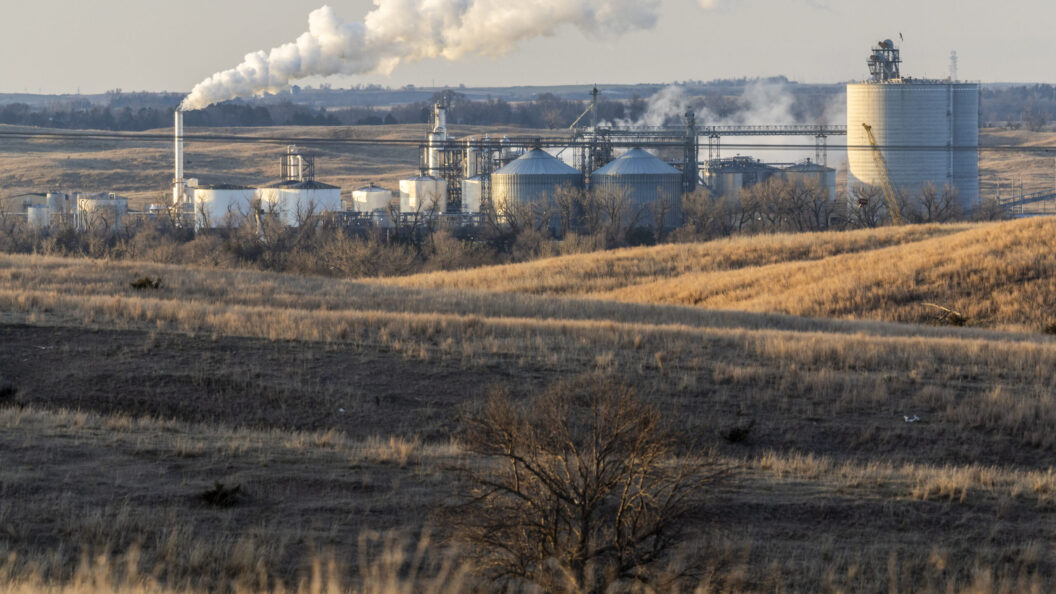Report Questions Ethanol’s Environmental and Social Benefits
A recent report has stirred significant debate regarding the impact of ethanol production in the Midwest, revealing that while lawmakers and industry representatives advocate for its advantages, the reality may tell a different story. The report establishes that the expansion of ethanol may increase greenhouse gas emissions rather than reduce them, contradicting the core arguments of its proponents. Furthermore, it argues that the promised social and financial benefits for local communities have largely failed to materialize.
Unpacking the Findings
The Midwest, comprising states such as Illinois, Indiana, and Iowa, has been at the forefront of biofuel production. However, the report highlights critical issues. Leslie-Bole, a key contributor, stated, "The benefits from biofuels remain concentrated in the hands of a few." This statement underscores a growing concern about farmland consolidation—a trend that appears to favor larger agribusinesses at the expense of smaller, emerging, or resource-limited farmers.
As subsidies for biofuel production continue to flow, there are fears that land conversion for biofuel will escalate, leading to further greenhouse gas emissions. Critics argue that as food demand rises, more land should prioritize food production rather than biofuels, calling it an ironic twist in a resource-strapped environment where rural communities struggle to thrive.
Legislative Developments
New policies being proposed at both state and federal levels, including additional tax credits and incentives for biofuel-based aviation fuel, could exacerbate these issues. President Donald Trump’s recent tax cut bill, which has passed the House and is under Senate negotiation, would bolster tax credits for biofuels while notably dismissing land conversion emissions from low-emission fuel eligibility calculations.
This legislative push may further widen the economic divide between rural communities and affluent agribusinesses, as those communities contend with the consequences of land transformation driven by legislative loopholes.
Industry Reactions
While the report raises alarm bells, the primary biofuels industry trade groups have remained notably silent, failing to respond to requests for comments or interviews. This absence of dialogue leaves a gap in understanding the industry’s stance in the face of emerging criticisms.
A representative from the Clean Fuels Alliance America, focusing on biodiesel and sustainable aviation fuel rather than ethanol, contested the report’s findings. They argue that the report "vastly overstates" the carbon emissions associated with crop-based fuels when juxtaposing them with natural landscapes that have been lost over time. The representative also pointed out economic gains, claiming that the impact of soy-based fuels alone generated over $42 billion and supported over 100,000 jobs in 2024, indicating a complex relationship between biofuels and the economy.
Conclusion: A Call for Balanced Consideration
As the debate continues over the environmental and social implications of biofuels, it remains essential for policymakers and the public to examine the multifaceted impacts of ethanol production. The report not only calls into question the sustainability of current practices but also highlights the urgent need for equitable solutions that benefit all stakeholders involved, particularly those within rural communities who have yet to see the promised benefits of the biofuels boom.
The controversies surrounding this issue are crucial, emphasizing the interconnectedness of environmental policies, agricultural practices, and community welfare. As discussions progress, stakeholders must prioritize transparency and comprehensive assessment to strike a balance between energy production, ecological integrity, and social equity.









